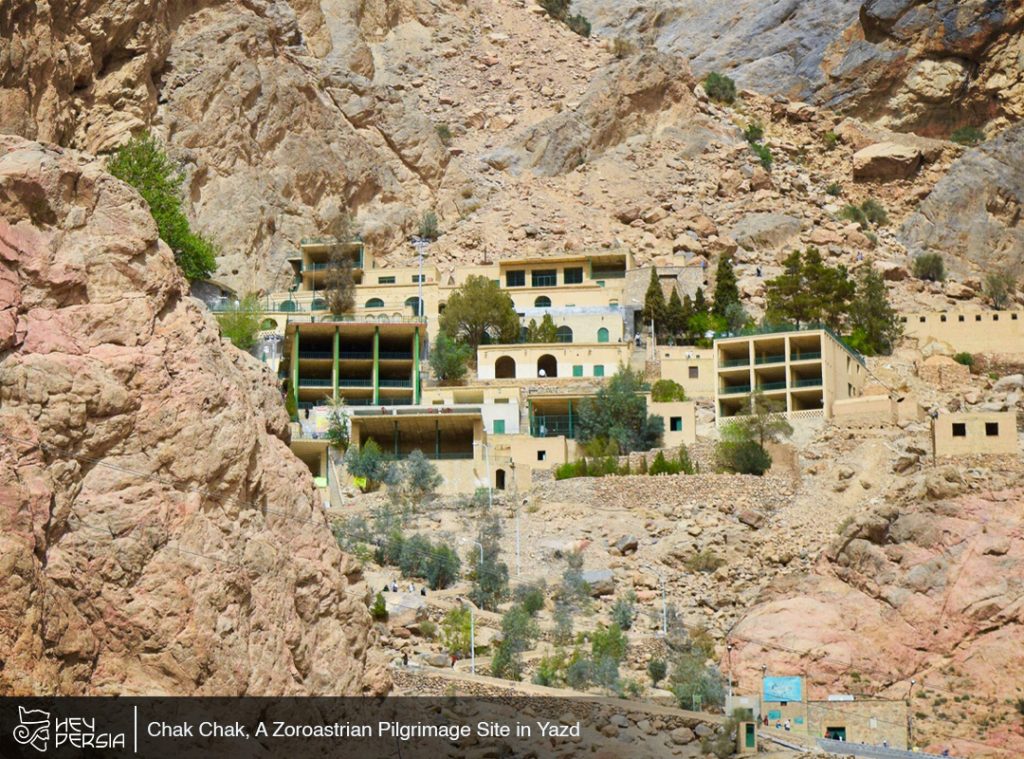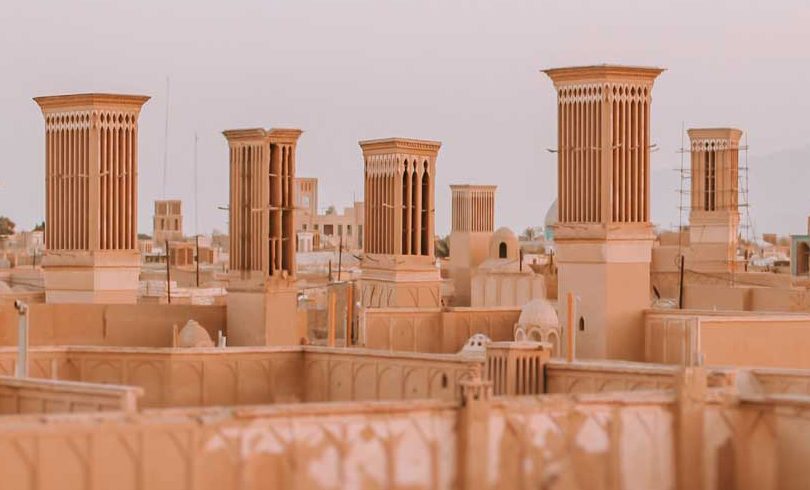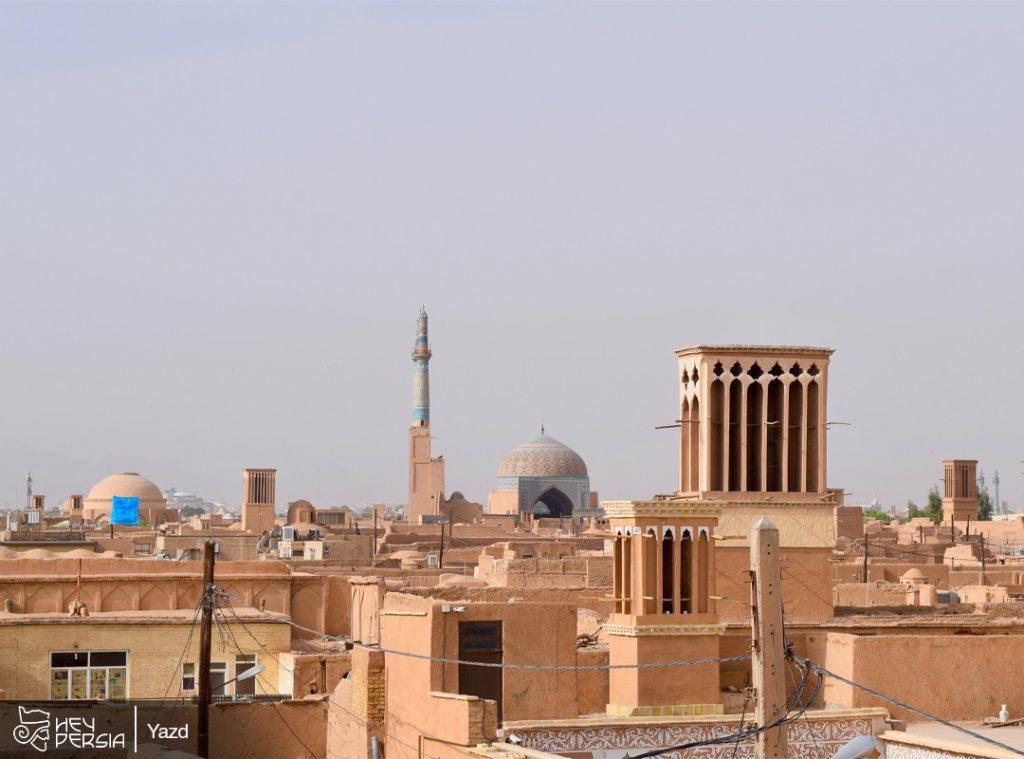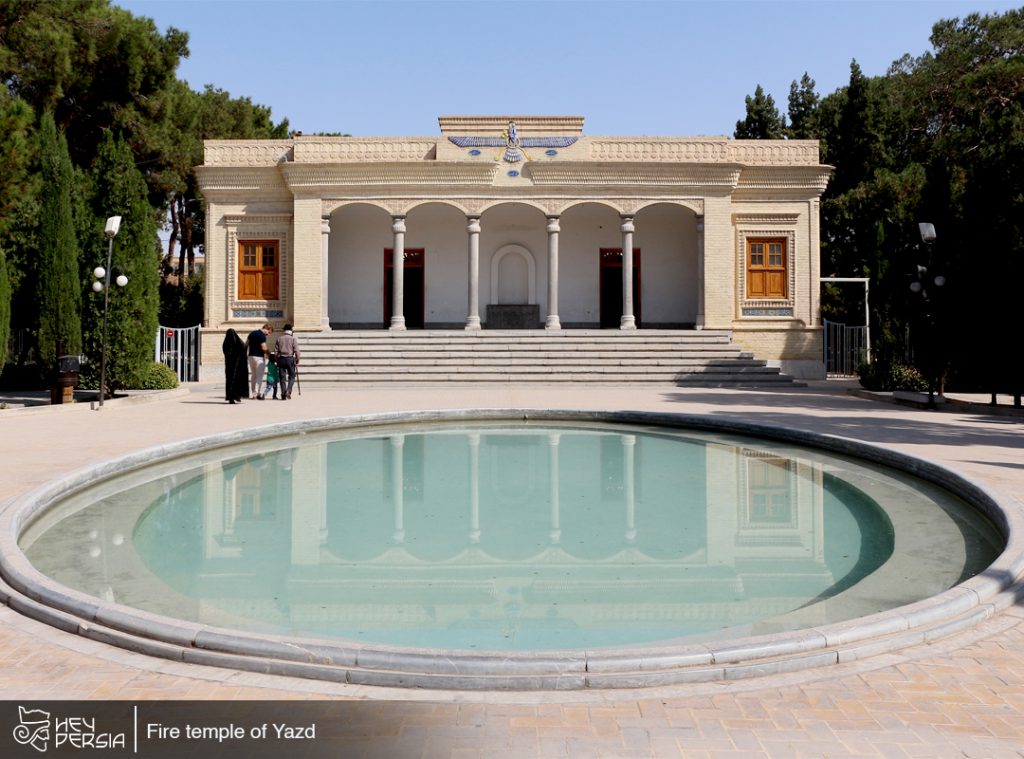Chak Chak Village in Iran, a small village nestled in the arid landscape of Yazd Province. It holds deep spiritual significance for Zoroastrians. This sacred site is famous for its stunning natural beauty and the presence of the Atash-e Behram fire temple, where a sacred fire has been burning for centuries. In this overview, we will explore the history, significance, and cultural aspects of Chak Chak. Learn more at Hey Persia.
Historical Background of Chak Chak Village in Iran
Accordingly, Chak Chak’s history goes back to ancient Zoroastrian traditions. Zoroastrianism, one of the world’s oldest religions, originated in ancient Persia, now Iran. Chak Chak’s roots are deeply with the Zoroastrian faith. It has served as a site of pilgrimage and worship for centuries.
Significance of Chak Chak
Genera;;y, Chak Chak is a major pilgrimage destination for Zoroastrians from around the world. The significance of Chak Chak lies in the presence of a sacred fire temple and a natural mountain cave, both of which are important religious and historical events.
Natural Cave and Legend in Chak Chak Village in Iran
A unique feature of Chak Chak is the natural mountain cave that is, It has sheltered the daughter of the last pre-Islamic Persian king, Yazdegerd III, during the Arab invasion. According to legend, when the Arab forces were closing in, the mountain miraculously opened up to protect her, and droplets of water started flowing down from the cave, which is why the village is now “Chak Chak” (the sound of dripping).
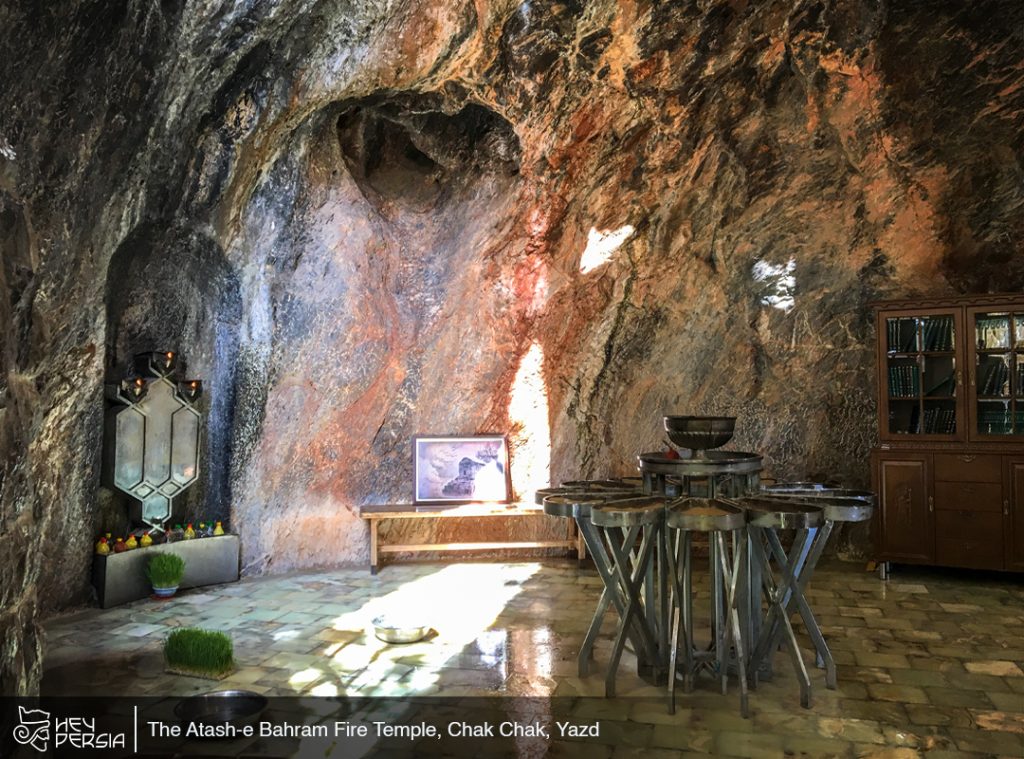
Pilgrimage Rituals and Practices
Zoroastrian pilgrims visit Chak Chak to pay their respects, offer prayers, and participate in various religious ceremonies. They often make the arduous journey to the village, especially during significant Zoroastrian festivals and holy days.
Rituals at Chak Chak
Pilgrims perform various rituals, including tying colorful ribbons on trees, offering flowers, and lighting candles or lamps in the fire temple. Moreover, The sound of water droplets from the cave adds to the mystical ambiance of the site.
Cultural Aspects
Chak Chak is a symbol of the enduring Zoroastrian community in Iran. Despite being a minority religion in the country, Zoroastrians have maintained their presence and traditions, and Chak Chak is a testament to their resilience.
Architecture and Environment
The village’s architecture reflects its historical and cultural significance. Additionally, The fire temple of Atash-e Bahram and surrounding structures showcase traditional Zoroastrian design elements, while the natural surroundings of Chak Chak are characterized by its arid mountainous terrain.
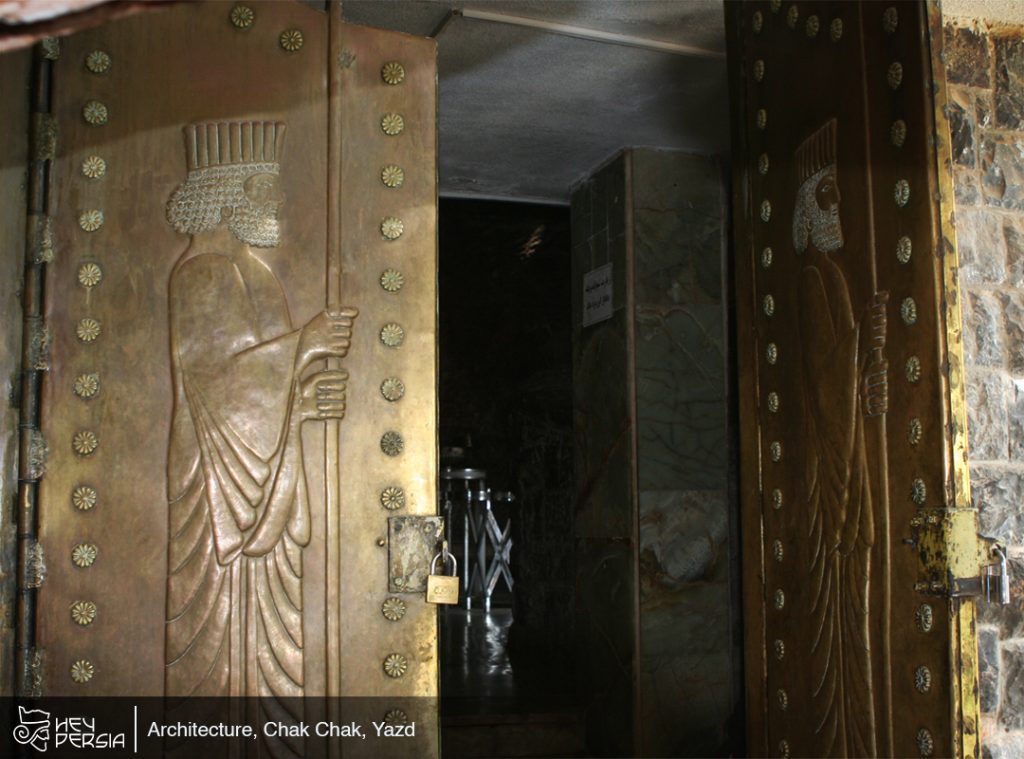
Preservation and Conservation
Generally, Chak Chak’s cultural and historical importance has led to efforts to preserve and protect the site. Conservation initiatives aim to maintain the sacred fire, protect the natural environment, and ensure the continued use of the fire temple for religious purposes.
Tourism and Accessibility to Chak Chak Village in Iran
Accordingly, In recent years, Chak Chak has gained attention from tourists and travelers interested in exploring Iran’s cultural and religious heritage. The site’s unique blend of natural beauty and spirituality makes it an attractive destination.
Access to Chak Chak
Chak Chak is located approximately 46 kilometers from the city of Yazd in central Iran. Visitors can reach the village by road, and there are accommodations available in the area to facilitate longer stays.
Chak Chak Village in Iran
Chak Chak stands as a symbol of the enduring Zoroastrian faith and the rich cultural heritage of Iran. This sacred village, with its ancient history, breathtaking natural surroundings, and the perpetual flame of the Atash Behram fire temple, continues to inspire pilgrims and visitors from around the world. Chak Chak is a testament to the deep-rooted spiritual traditions that have persisted for centuries in this remarkable corner of Iran.

